I recently referred someone seeking help for an adult child with disabling psychiatric difficulties to NAMI (National Alliance On Mental Illness) for information regarding support and services. “Gee”, he said, “that must be a tough sell. No one wants to be mentally ill. They must get a lot of people offended”.
I thought about it, and there certainly is truth to his statement. No one wants to be labeled with or struggle with a chronic disease, whether the expression is in body or mind. But the fact is 45%, almost half, the population struggles with a chronic illness. So why is mental illness thought about differently from diabetes, hypertension and many other chronic conditions?
Lack of understanding. People don’t always appreciate differences in magnitude. For example, everyone has felt sad at some point in their life (loss of loved one, loss of job, bad test grade, etc.), so they think they understand depression. And, they know since they got over their feelings, you can get over yours. The problem, they are comparing a firecracker to an atomic bomb. Major depression, as opposed to normal sadness, can’t be fixed by “doing something”. But because people can relate to the feelings, they think they understand the problem (and have the solution).
Lack of awareness. Many “misunderstood” chronic conditions are invisible. Being unable to see them often means people fail to recognize and appreciate the crippling nature of these invisible difficulties. Depression may not have a certain look, and certain conditions like fibromyalgia do not affect a person’s outward appearance. While that may not make them less incapacitating, people might assume if they don’t observe a difference (missing a limb) you may not be affected.
So if you are suffering, how can you help yourself to deal with the stigma or judgment by others? Consider joining a support group. Surrounding yourself with people who truly understand and appreciate what you are going through helps you deal with the judgment of those who don’t. Also, remember, your pain and your feelings are valid. Don’t let the opinion of others become your reality.
And lastly, get real help for your suffering. At Ketamine Wellness Centers we offer treatments that work for many where others have not. Call the understanding professionals and find out how ketamine infusion therapy can minimize your symptoms and suffering from chronic diseases such as depression, pain, and anxiety disorders such as OCD and PTSD. Call today and change your life!
Dr. Ellen Diamond is the Clinical Psychologist for Ketamine Wellness Centers.






